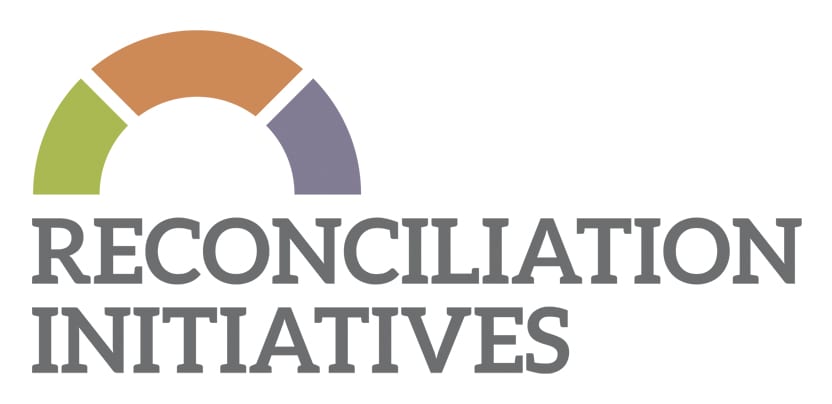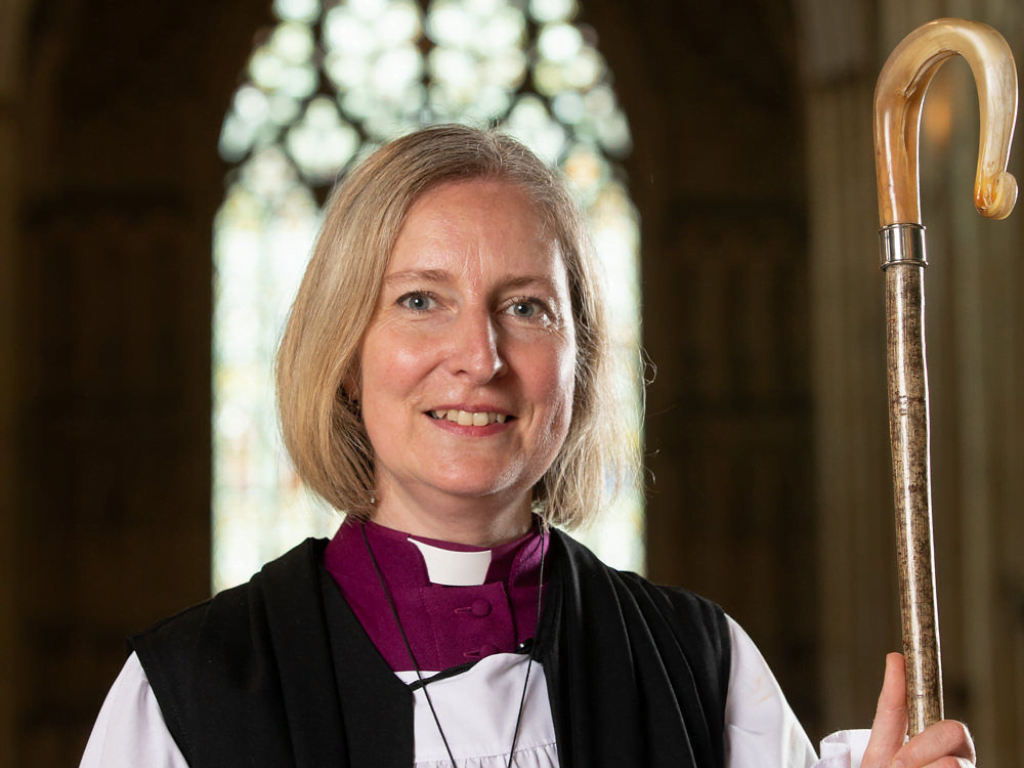This case study explores the impact of the Reconciling Mission programme on Bishop Anna’s ministry, both during her time as a parish priest (Team Rector for Oxted, Diocese of Southwark) and in her current role as the Bishop of Ripon in Leeds Diocese.
It highlights why she now champions the programme for clergy and parishes across her diocese, and the essential role it plays in her vision for church growth and community engagement.
Background
Bishop Anna joined the Reconciling Mission programme at what proved a crucial point in her ministry, describing the experience as “re-energising” and “revitalising.” The programme gave her a renewed vision for God’s kingdom and a fresh understanding of the church’s role.
For Bishop Anna, the programme stands out in its potential for long-lasting impact: its 18-month structure allows time for participants to reflect, practice, and integrate learning sustainably into their ministries, and for sharing with others. As she explained, “It was a programme that really transformed the way I was doing ministry,” as it provided regular check-ins and ongoing support that allowed the approaches offered “to become instilled in me.”
Bishop Anna discovered a new approach to community involvement through the Reconciling Mission programme. Rather than over-focusing on the church’s goals, she learned to ask “God questions” that prompted people in the church to notice where God was already at work in the local neighbourhood, and to explore how the church could join in. This changed her perspective on the church’s role from being at the centre “to being a guest in the community, not expecting everything to orient around the church.”
Diocese of Leeds needs
The Diocese of Leeds has launched the ‘Barnabas’ initiative, aimed at supporting parishes in their mission, ministry and sustainable growth through prayer and community engagement. The goal is to work towards the diocesan vision of “confident Christians, growing churches, and transforming communities.”
Bishop Anna identified a need for complementary support that extended beyond increasing attendance, aiming instead to address community and social issues. She saw that the Reconciling Mission programme offered a holistic approach that aligned well with the diocesan goals.
By offering the programme as part of Barnabas, clergy are encouraged to build connections with their communities and develop ministries that go beyond numerical growth to focus on deeper, transformative relationships within the community. She sees this as essential to fostering a more balanced, outward-focused church that seeks to serve in practical and spiritually grounded way. “Numerical and spiritual growth in the church then follows quite naturally”, she explains.
Practical impact
Inspired by the Reconciling Mission programme, in her previous parish role, Bishop Anna began fostering collaborations with local organisations.
Rather than renting out space to a non-profit, she worked to nurture an active partnership with them. This led to forming the “Pop-up Community Café,” a collaboration between the church, the local council, and a health centre. This project shifted the dynamic from an isolated church activity into communal initiatives that supported holistic care for people in the local community.
This approach also helped bridge a socio-economic divide within her parish, which included relatively affluent people and those with significant social and economic challenges. By working with local organisations active in under-served areas of the parish, her church developed a presence beyond its physical location. “We were out there beyond our building,” she noted, describing how these efforts made the church more engaged and relevant across different parts of the local community.
The Reconciling Mission programme’s partnership principle helped establish her parish church as a trusted, supportive presence aligned with community needs, focusing not only on religious goals but also on being a partner in local well-being.
Reasons for endorsing the programme
Bishop Anna’s journey through the programme inspired her to endorse it for clergy and parishes under her oversight as bishop. “I want others to have that same experience,” she explained, noting how the course played a vital role in better aligning her ministry with a focus on God’s kingdom and shifting her ideas for the type of leadership needed within the church in our current context.
The Reconciling Mission programme creates a sustained learning community where clergy can build supportive relationships across different dioceses. “You make new friends across the Church of England and beyond,” she said, highlighting the value of shared learning and mutual support. This learning community, she noted, is one of the programme’s “real selling points,” helping participants maintain enthusiasm and engagement over an extended period.
By sponsoring clergy to participate in the programme, Bishop Anna aims to foster a diocesan culture where parish leaders are equipped to approach ministry with both practical and visionary mindsets. She sees the programme offering a way to deepen relationships within communities and to contribute meaningfully to diocesan goals by inspiring clergy to approach their ministries with a fresh perspective.
Conclusion
The Reconciling Mission programme has proven invaluable, according to Bishop Anna, through offering clergy useful tools to transform their ministries and enable their churches to engage more meaningfully with local neighbourhoods and community organisations.
Her experience illustrates how the programme provides practical frameworks and honest peer support that lift clergy’s focus beyond institutional goals, equipping them to participate in a broader and more hopeful engagement with local people.
She reflected that, “This programme enables us as the church to step into God’s vision,” inspiring clergy and their churches to engage with the world in ways that are holistic, generous, and community-focused. Her endorsement highlights the programme’s effectiveness in growing more outward-facing churches; and reflects her belief in its potential to inspire vibrant, community-centred ministries.

